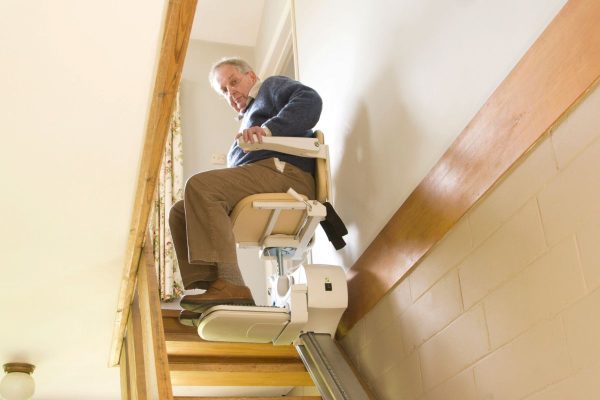Home care – providing support in your own home
When it comes to home care and providing support in your home, there are different options available. This is the first of a series of blogs focused on Later Life Living – Staying Home. We look at the different ways we can choose the lifestyle and support that suits us as we age. Many of us want to stay at home, but for some, this involves getting the right support to live independently in our own homes.
Home care ranges from a couple of hours of housekeeping to fully supporting someone to wash, dress, prepare meals, take medication, etc.
5 Benefits of choosing home care
- You can remain independent.
- You or your loved one can remain living in your own home.
- It can provide you with respite and a break from your own caring duties.
- You won’t have to rely on friends and family, and you can enjoy quality time with them instead.
- You can increase or decrease the hours.
What is home care?
Many people think of home care as someone coming in to help them with personal care or to prepare meals. But did you know that home care agencies can provide so much more, including:
- Companionship.
- Supporting you with medication.
- Arranging and accompanying you to appointments.
- Supporting you to continue enjoying hobbies from swimming to crafts.
- Helping you get out and about, such as trips into town or the garden centre.
- Respite – allowing a loved one to be safely cared for while you go out or have some time to rest.
- Supporting you in your recovery/rehabilitation following a hospital stay.
- Supporting you with housework and laundry.
How much does home care cost?
You or your loved one may be available for funding from your local authority. Following a Care Needs Assessment and a Financial Assessment, the local authority may agree to fund or part fund the extra support you need.
The value of your home is not taken into account for support provided in your own home.
- Home care agencies usually charge between £17 to £35 per hour.
- If you hire your own self-employed home care support, they may charge from £20 – £40 per hour.
How do I know if the home care agency is good and reliable?
Check their Care Quality Commission rating if applicable. Home care agencies who don’t provide personal care may not have a CQC rating, as it may not be legally required.
- Ask around for recommendations – maybe someone you know has received services?
- Carefully check their reviews.
- Speak to the registered manager.
- Ask important questions like “Will the same person come on every visit?” or “Will they arrive at the preferred time?”
How can Family Care Advice help?
Family Care Advice offers a complimentary 30-minute telephone call to discuss your situation. We offer a full consultation to understand your needs and wishes. If required, we can carry out a full search of home care companies with availability, including checking their CQC rating and reviews. Our research will ensure you have the best chance of receiving the care and support you need.
An initial meeting will be arranged between you, your loved one and the care agency, who can attend if required. We can monitor the care package for yourself or a loved one, ensuring that the support is delivered as agreed and is of good quality.
For more information, please contact us – email [email protected] or call 0116 2404976.






